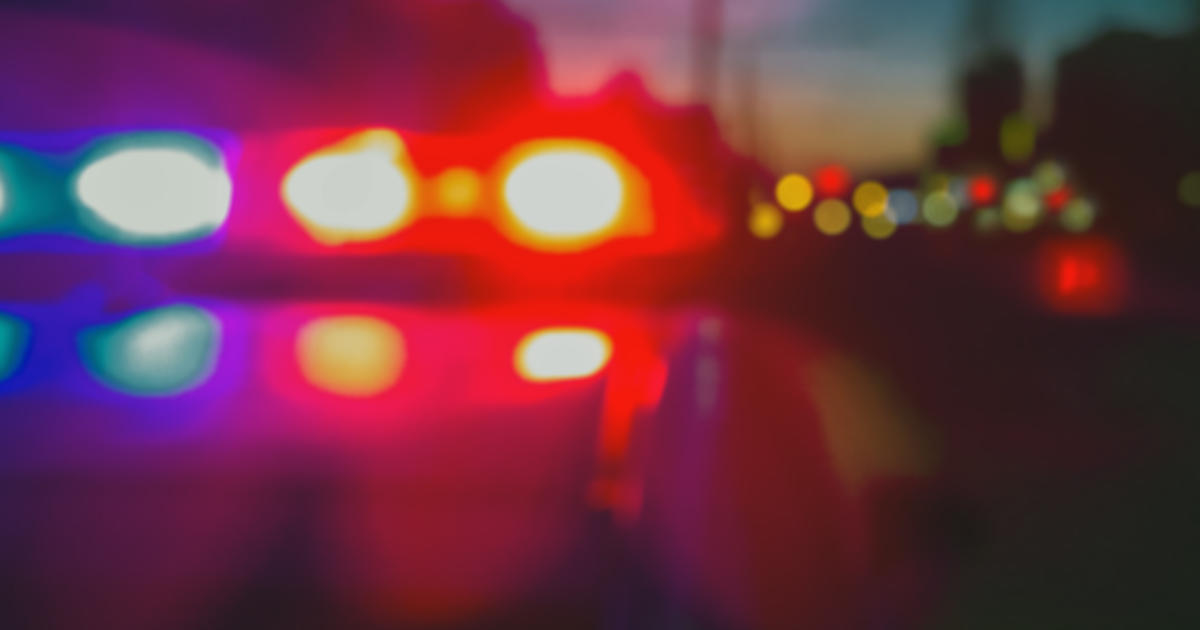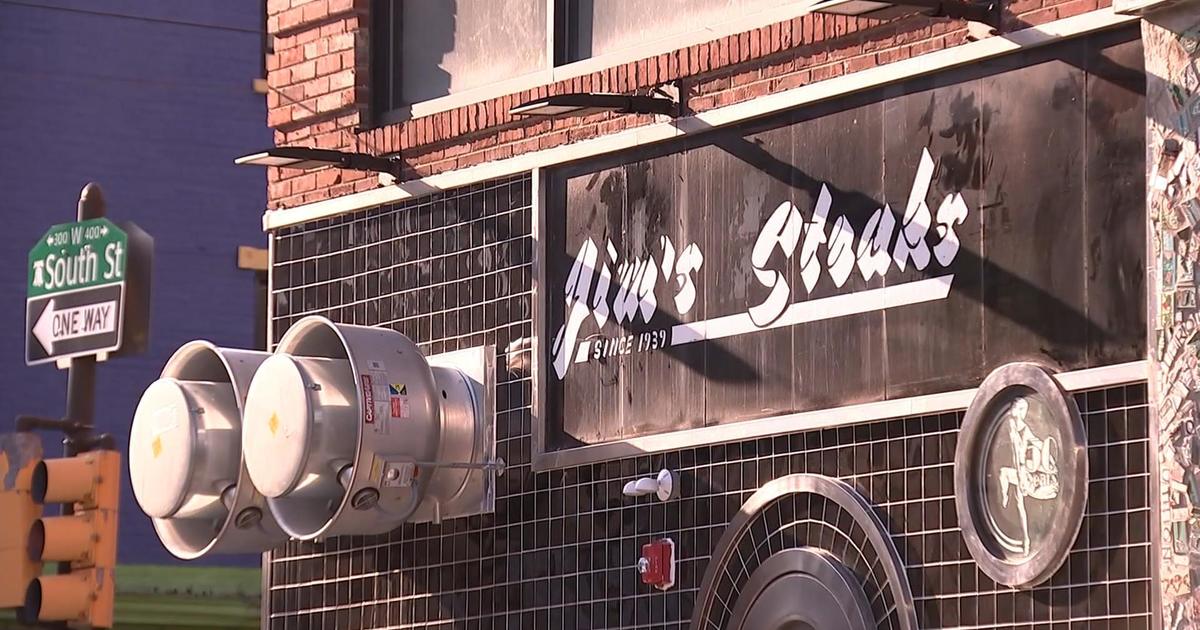Top 10 Don'ts That Will Keep Pets Safe During The Holidays
By John Ostapkovich
PHILADELPHIA (CBS) – The holiday season poses dangers for your pets and many might at first seem to be kindnesses.
A list of top-10 don'ts from the American Veterinary Medical Association begins with table scraps. Veterinary researcher Karen Overall says the butter, fat and salt in holiday food can overwhelm a pet, but there is a way to share.
"Take a little bit of something they're having and cut it up on a small plate and use that to replace the same amount from the animal's normal meal," says Overall.
Avoid sugary treats for pets and don't go the sugar free route either for dogs.
"In terms of dogs, Xylitol is toxic and if they eat enough candy with it in, and it doesn't have to be very much, they will be dead. You will have trouble pulling them back from the edge even with emergency intervention," Overall explains.
Holiday decorations are a minefield but the number one don't is don't make a surprise gift of a pet. Dr. Overall says they're not something to be discarded yet all too often are.
- Pets as presents: The American Veterinary Medical Association advises against giving pets as presents, because the recipient doesn't have the opportunity to have an active role in selecting the animal … or the opportunity to consider the responsibilities of owning that particular pet. Pets need healthy food, exercise, love, training, attention, and they need regular veterinary visits to keep them healthy and free of pain and distress. Rather than giving a living pet on a busy holiday where the noise and activity may cause them distress, consider giving a "certificate" entitling them to help select a pet or wrap a water bowl or other item the new pet will need.
- Candles: A lit candle can provide a real hazard. Your animals could knock it down and set their fur, or your home, on fire. Never leave a pet alone with a lit candle.
- Guests: Many pets can become downright panicked when faced with a lot of new visitors. Some dogs and cats can become so upset that they can do damage your furniture and walls, themselves or your guest. If you know your pet is uneasy about houseguests and you have some friends coming over, don't not panic; consult with your veterinarian to find a solution.
- Chocolate: Chocolate is a big part of many holiday celebrations, but not for pets. The chemical that is poisonous to dogs is in the cocoa of chocolate, theobromine, so the darker the chocolate the deadlier. Be wary of pets sniffing around the new and popular extra-dark chocolates. Baking chocolate has by far the most theobromine, and can be deadly in small amounts. Symptoms of theobromine poisoning can set in in just a couple hours, so call your veterinarian immediately if you discover your pet has consumed chocolate. Save the wrappers of any chocolates consumed, because your veterinarian will want to know how much your pooch has consumed.
- Sugar-free snacks: Xylitol is a common artificial sweetener in baked goods and sugar-free gum and candy. It's also poisonous for dogs. It can be deadly, particularly if the animal gets into a lot of it, or it's a small dog. Symptoms of xylitol poisoning in dogs includes depression, loss of coordination and seizures, and they can start in as little as 30 minutes after the animal has ingested the sweetener. This is another reason to make sure you keep your pets away from holiday treats, table scraps and candy.
- Flowers and plants: Many times we put out new plants, flowers or trimmings, depending on the holiday, and these can be poisonous and deadly. For example, poinsettias and mistletoe, common in Christmas celebrations, are dangerous if swallowed by a dog. Don't let your pet eat Christmas tree needles and don't add any toxic chemicals to your Christmas tree water, because your pet may decide to take a drink under the tree.
- Tasty decorations: Some decorations are so pretty that they look good enough to eat. Unfortunately, dogs and cats often take this sentiment literally. Cats often eat tinsel, leading to severe intestinal problems that could require surgery. Potpourri smells wonderful and people love to use it to create holiday ambiance. Unfortunately, it smells so good that pets have been known to drink from the potpourri pot or even eat the wet, fragrant wood chips. This can make an animal sick.
- Decorative injuries:Your pets may enjoy seeing the new decorations in your home as much as you do. Trees to climb, garland to hang from, extension cords to chew-the introduction of festive decor can cause potential injuries. In a house with pets, a good method of avoiding tree climbing injuries for pets is to mount the Christmas tree to the ceiling or wall very securely using fishing line. Hide extension cords away and don't let your pets near them, along with other decorations.
- Candy: There are a number of things in candy that is bad for pets, but among the worst is the wrapper. Dogs and cats won't bother to un-wrap the candy, they'll just swallow it, and the wrapper can cause an intestinal blockage. In fact, animals have been known to eat the wrapper by itself, because it smells good, and get a blockage. Keep candy out of a pets' reach, and clean up those delicious wrappers.
- Table scraps: Mother was right; don't feed the dog under the table. Fat, gravies, rich meats, and other savory table scraps can be very dangerous for your pets, particularly dogs. It's not unusual for dogs to come down with a life-threatening disease called pancreatitis after being offered too many "treats" by misguided, but loving, owners or after the animal has raided the garbage following a holiday feast. Pancreatitis causes profuse vomiting, diarrhea, loss of appetite, lethargy, abdominal pain and in servere cases, death. Bring your dog into the veterinarian immediately if you suspect your dog has pancreatitis.
To find a veterinarian in your area or an area you are visiting for the holidays, please visit www.myveterinarian.org.



